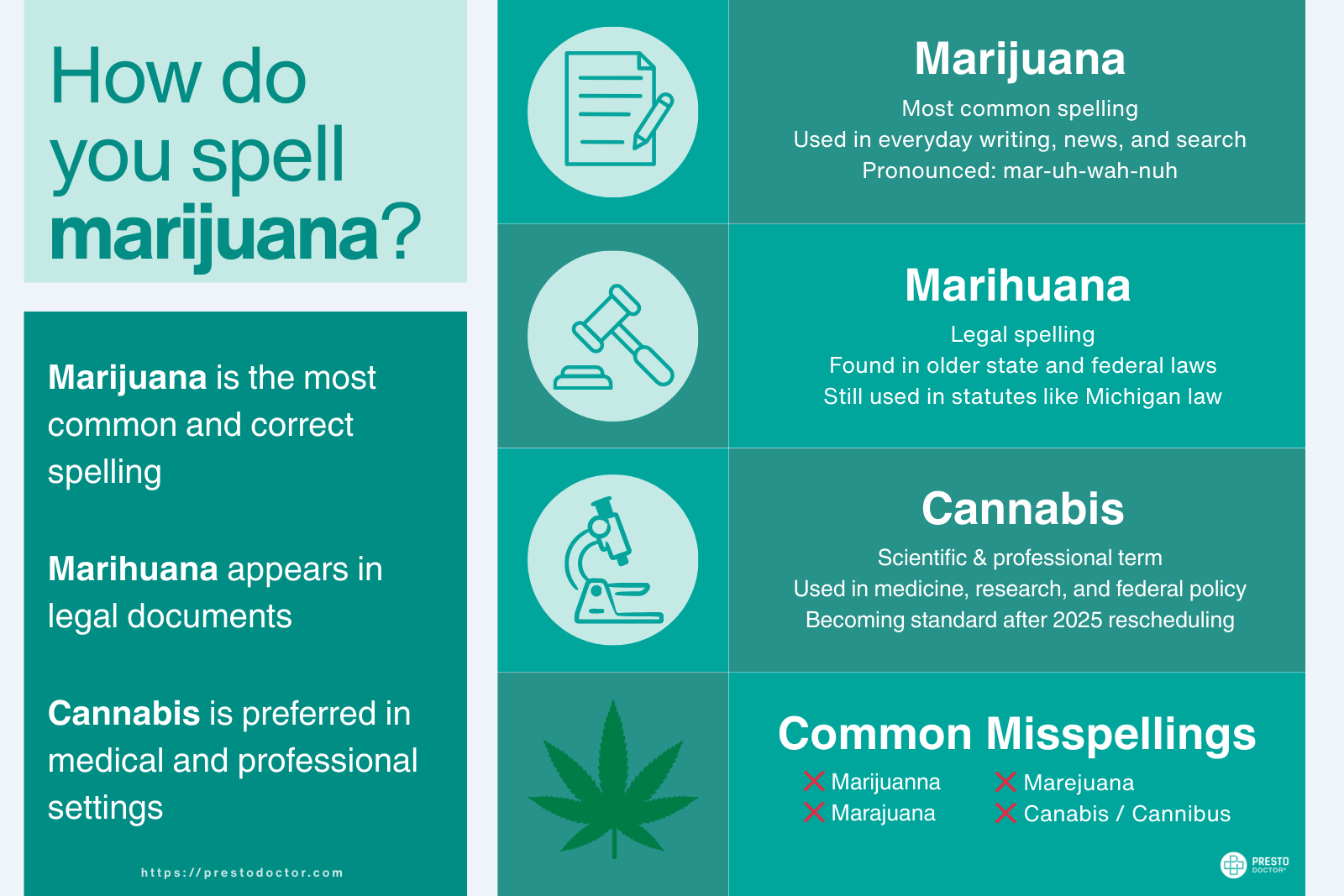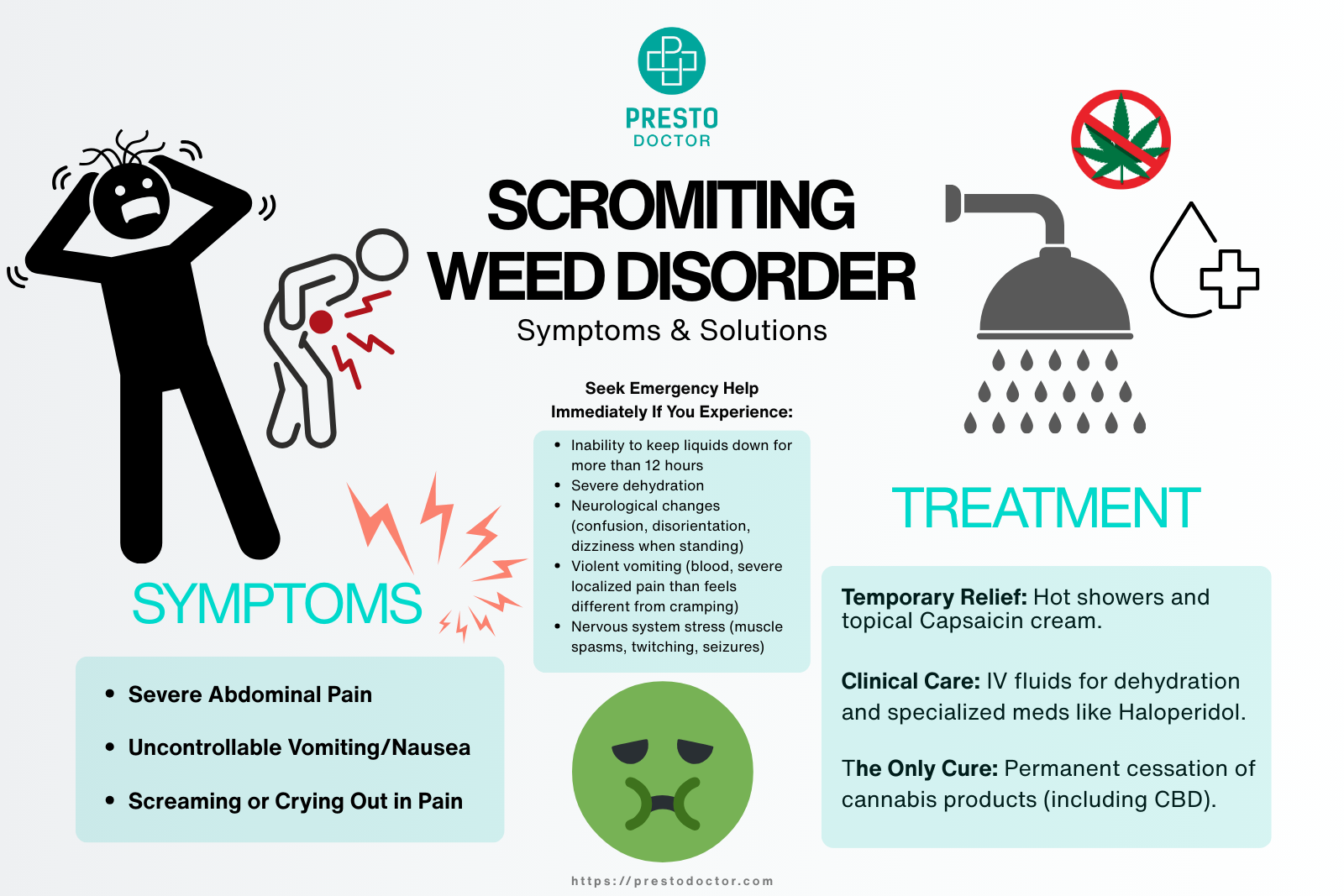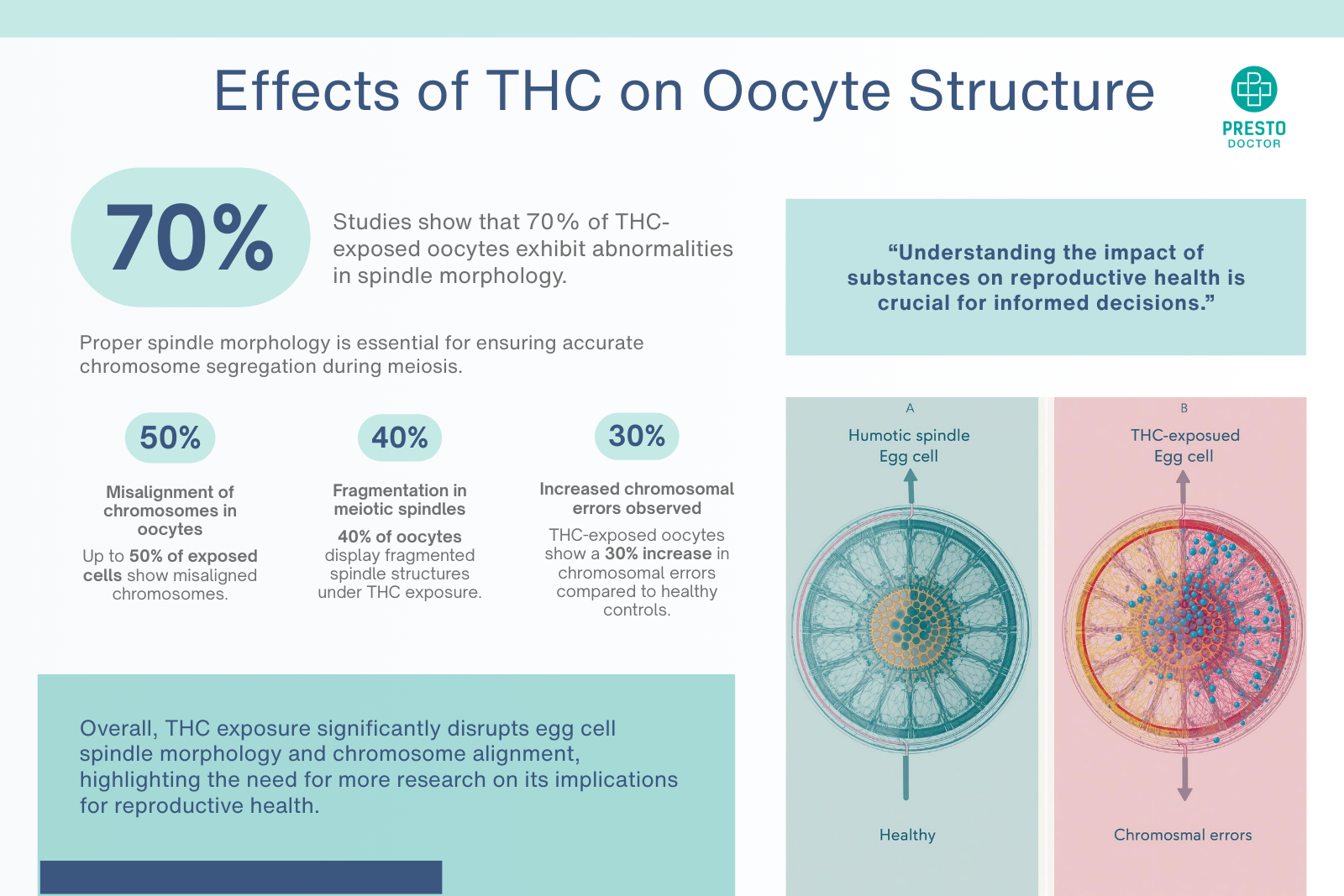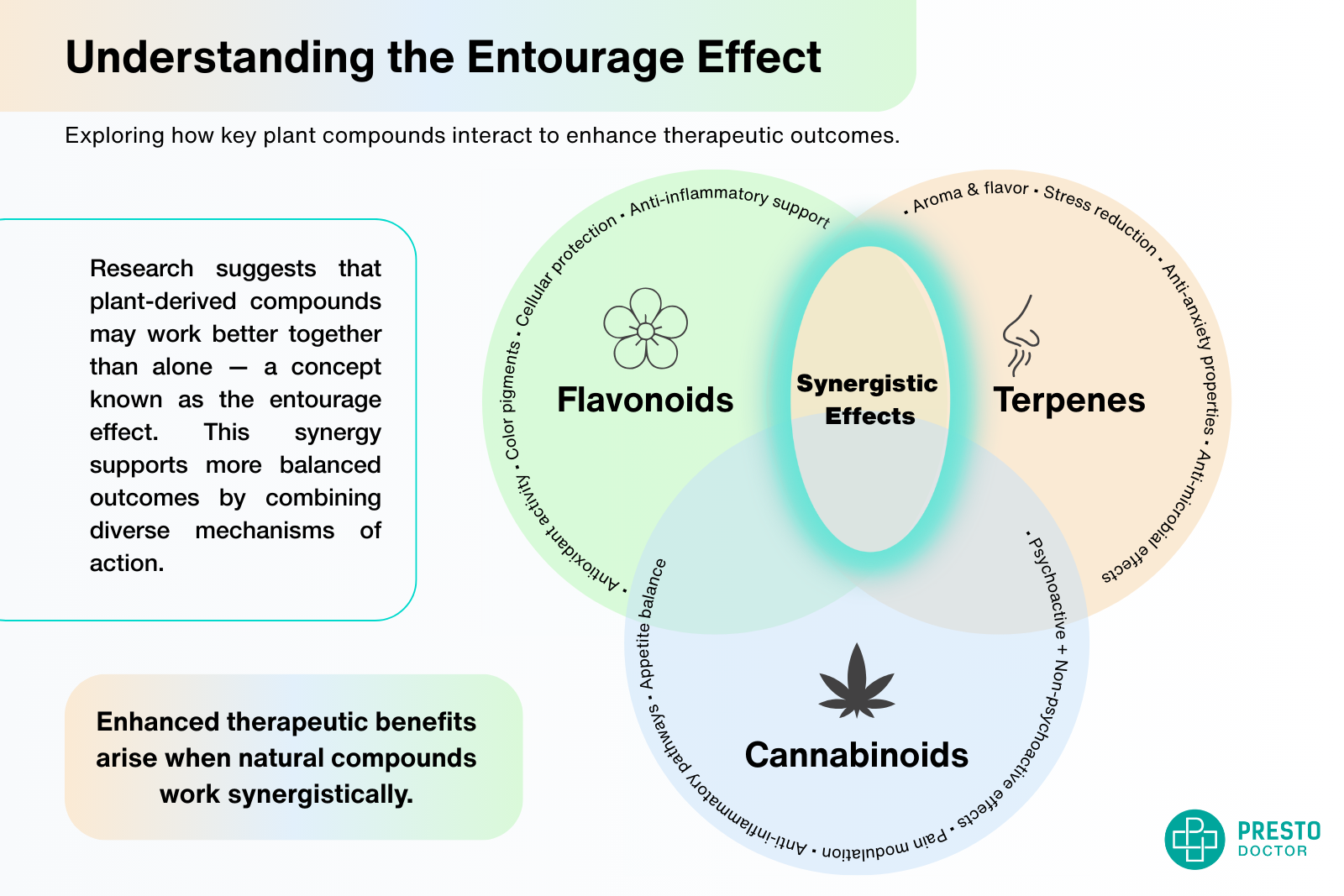
While marijuana use has become increasingly common, it is essential to understand the potential risks associated with its consumption. Recent studies have suggested a link between marijuana use and an increased risk of heart attack and heart failure.
Article Highlights:
Recent studies have shed light on the potential impact of regular marijuana use on heart and brain health, as the popularity of both medical and recreational marijuana rises among Americans.
One study discovered that individuals who used marijuana daily had a roughly one-third higher risk of developing heart failure, even when accounting for other relevant factors. This elevated risk persisted in comparison to those who reported abstaining from marijuana use altogether.
Secondly, a separate study focused on older individuals with conditions such as Type 2 diabetes, high blood pressure, and high cholesterol. The findings revealed that marijuana use among these individuals significantly amplified the likelihood of experiencing a major acute heart or brain event while hospitalized.
Relationship Between Marijuana Use and Cardiovascular Health
Research has indicated that the use of marijuana can have adverse effects on cardiovascular health. Studies have shown that marijuana use can lead to increased heart rate, blood pressure, and possible development of arterial plaque. These factors can contribute to an elevated risk of heart attack and heart failure.
It is important to note that the risk is especially heightened in individuals with existing cardiovascular conditions or those who engage in heavy marijuana use. [1][2]
Understanding Heart Attack Risks
Connection Between Marijuana Use and Increased Risk of Heart Attack
Recent studies have suggested a link between marijuana use and an increased risk of heart attack. Research has indicated that the use of marijuana can lead to an increase in heart rate and blood pressure. An increased heart rate and blood pressure are risk factors for cardiovascular events. THC has been found to have an impact on the cardiovascular system, potentially triggering heart attacks in susceptible individuals.
Factors That Contribute to the Heightened Risk
Several factors contribute to the increased risk of heart attack associated with marijuana use. Firstly, marijuana use can cause an immediate increase in heart rate and blood pressure. This places an additional strain on the cardiovascular system. Secondly, regular marijuana smoking has been linked to the development of arterial plaque. Arterial plaque can restrict blood flow and increase the risk of heart attack. Lastly, individuals with existing cardiovascular conditions or those who engage in heavy marijuana use are particularly vulnerable to the heightened risk.
More research is necessary to fully understand the long-term effects, but understanding the connection between marijuana use and heart attack risks can help individuals make informed decisions about their health and well-being. [3][4][5][6]
Heart Failure and Marijuana Use
Link Between Marijuana Use and Heart Failure
Recent studies have suggested a potential connection between marijuana use and an increased risk of heart failure. The use of marijuana can lead to an immediate increase in heart rate and blood pressure, which are known risk factors for cardiovascular events. This increased strain on the cardiovascular system could potentially contribute to the development of heart failure in susceptible individuals.
Mechanisms Through Which Marijuana May Contribute to Heart Failure
There are several mechanisms through which marijuana use may contribute to the development of heart failure. Firstly, the psychoactive compound in marijuana, THC, has been found to have an impact on the cardiovascular system. This can potentially cause damage to the heart muscle over time. Secondly, regularly smoking cannabis has been associated with the development of arterial plaque. Arterial plaque can restrict blood flow to the heart and increase the risk of heart failure. [7][8][9][10]
Research Findings on Marijuana Use and Cardiovascular Health
All of Us Research Program
A recent study conducted by the All of Us Research Program, sponsored by the National Institutes of Health, sheds light on the potential risks associated with daily marijuana use. More than 150,000 adults in the U.S. participated in the study. The study aimed to analyze the connection between marijuana use and heart failure.
Lead study author Dr. Yakubu Bene-Alhasan is a resident physician at Medstar Health in Baltimore. Alhasan explains that previous research has already established links between marijuana use and cardiovascular conditions like coronary artery disease and atrial fibrillation. This study provides further evidence by highlighting the association between daily marijuana use and heart failure.
The research team followed 156,999 individuals who were initially free from heart failure. Participants reported their frequency of marijuana use and were tracked for almost four years. The analysis considered factors such as demographics, economic status, alcohol consumption, smoking habits, and other cardiovascular risk factors including Type 2 diabetes, high blood pressure, high cholesterol, and obesity.
Study Details:
This study contributes to our understanding of the potential health concerns related to marijuana use, particularly in relation to cardiovascular conditions. The analysis, conducted over a four-year period, examined the health records of 2,958 individuals and uncovered some striking findings.
During the study period, a surprising 2% of the participants, or 2,958 people, developed heart failure. Individuals who reported daily marijuana use had a 34% increased risk of developing heart failure compared to those who reported never using marijuana. This heightened risk held steady across different age groups, genders, and smoking histories. These findings suggest that daily marijuana use may be a consistent factor in heart failure risk.
In a secondary analysis, researchers delved deeper into the potential mechanisms at play. When they factored in the presence of coronary artery disease, the risk of heart failure dropped slightly from 34% to 27%. This observation suggests that coronary artery disease could be a pathway through which daily marijuana use might lead to heart failure.
Terms & Demographics:
- The study defined marijuana use as either using marijuana without a prescription for a health condition or, in cases of medical prescription, using it beyond the prescribed purpose.
- The median age of study participants was 54 years, with nearly 61% being female at birth. The majority of participants (70.7%) identified as white adults, while 21.8% were Black or African American adults, 4.2% were Asian adults, 2.2% identified as more than one race/ethnicity, and 1.1% came from other races/ethnicities.
- The study enrollment commenced in June 2016. Participants were followed until June 2022, for a maximum duration of approximately four years (45 months).
While this study is a significant step toward understanding potential health risks associated with marijuana use, there is one limitation. The study did not specify whether the marijuana consumption was through inhalation or consumed orally. Researchers suggest that the method of marijuana ingestion may impact cardiovascular outcomes, warranting further investigation in this area.
Study 1: Findings on the Association Between Marijuana Use and Heart Attack
Recent studies have suggested a potential link between marijuana use and an increased risk of heart attack. The use of marijuana can cause an immediate increase in heart rate and blood pressure, which are risk factors for cardiovascular events. This increased strain on the cardiovascular system could potentially contribute to the development of a heart attack in susceptible individuals.
Study 2: Examining the Increased Risk of Heart Failure in Marijuana Users
There are several mechanisms through which marijuana use may contribute to the development of heart failure. Firstly THC, has an impact on the cardiovascular system, potentially causing damage to the heart muscle over time. Secondly, regular marijuana smoking has been associated with the development of arterial plaque. Arterial plaque can restrict blood flow to the heart and increase the risk of heart failure. [11][12][13][14]
Potential Implications and Considerations
Health Concerns and Implications of Marijuana Use on Heart Health
Recent studies have indicated a potential link between marijuana use and an increased risk of heart attack and heart failure. The immediate increase in heart rate and blood pressure caused by marijuana use can strain the cardiovascular system, making individuals more susceptible to cardiovascular events. Additionally THC, may have a negative impact on the heart over time, potentially leading to heart muscle damage. Regular marijuana smoking has shown increase with the development of arterial plaque. These findings highlight the importance of understanding the potential health concerns and implications of marijuana use on heart health. [15][16][17][18]
Conclusion
Research has suggested a potential link between marijuana use and an increased risk of heart attack and heart failure. The immediate effects of marijuana, such as elevated heart rate and blood pressure, can strain the cardiovascular system and make individuals more susceptible to cardiovascular events. Long-term marijuana use may also lead to heart muscle damage and the development of arterial plaque, further increasing the risk of heart failure. These findings highlight the importance of understanding the potential health concerns associated with marijuana use on heart health.
However, it is crucial to note that further research is necessary to fully comprehend the long-term impacts and specific mechanisms through which marijuana affects the cardiovascular system. Individuals who use marijuana should be aware of these potential risks and consult with healthcare professionals to make informed decisions about their overall well-being and cardiovascular health.
Continued research in this area will provide a better understanding of the specific risks and help develop strategies to mitigate any potential adverse effects. It is essential for individuals to have accurate information to make informed decisions about their health and marijuana use. [19][20]






